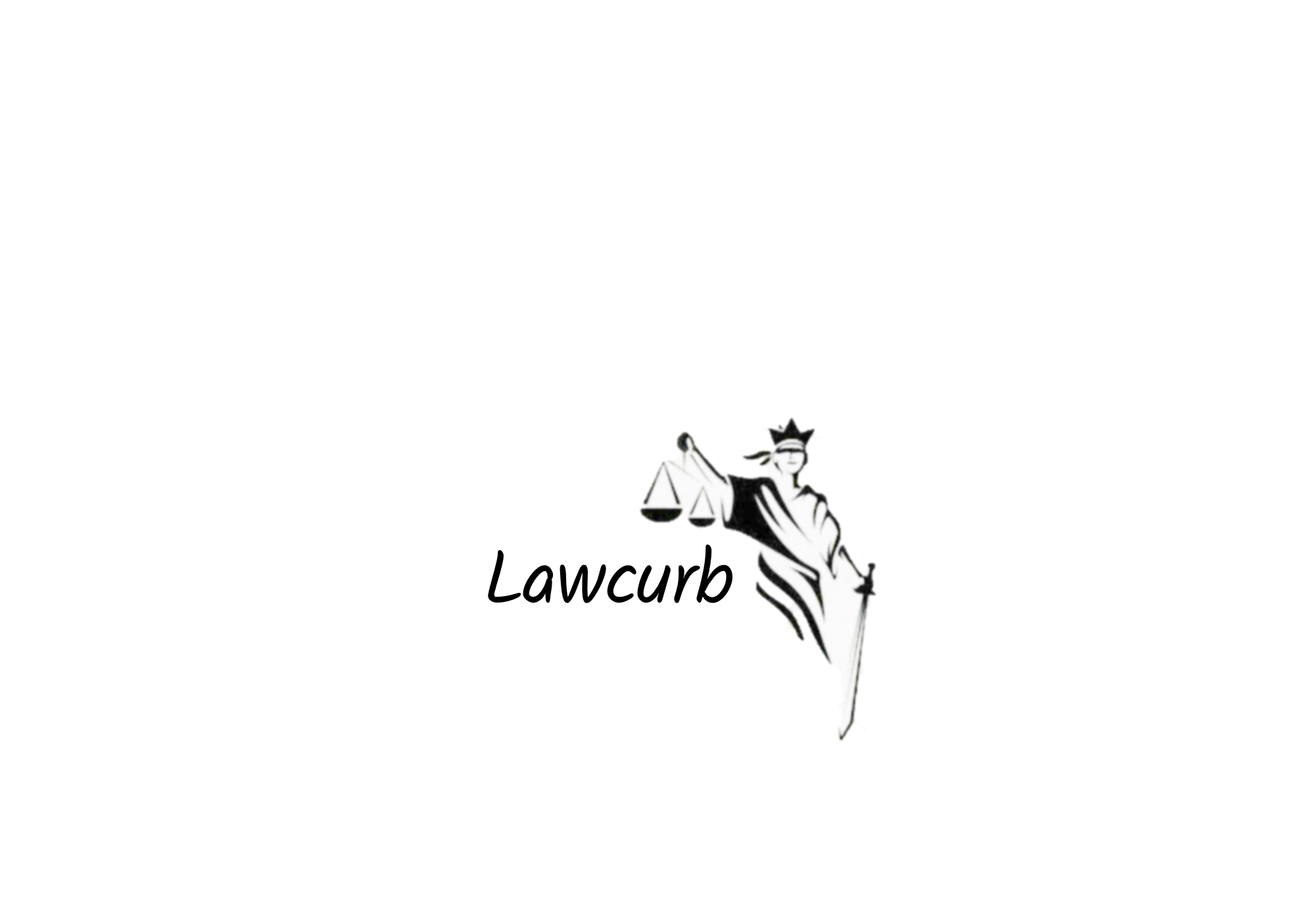Summary and Analysis of Municipal Corporation of Greater Mumbai v. Pankaj Babulal Kotecha (2025 INSC 792)
Case Citation:
Civil Appeal No. ______ / 2025 (Arising out of SLP (C) No. 29048/2018)
Decided on: May 30, 2025
Judges: Justice Surya Kant, Justice Nongmeikapam Kotiswar Singh
Background:
High Court Judgment (2018):
The Bombay High Court directed the State Government to demolish a recreational park developed by the Municipal Corporation of Greater Mumbai (MCGM) and restore a century-old lake (Khajuria Lake) at the site, invoking the public trust doctrine.
The court held that the lake’s destruction for a theme park violated environmental norms under Articles 48A (environmental protection) and 51A(g) (fundamental duty to protect nature) of the Constitution.Supreme Court Appeal:
MCGM challenged the High Court’s order, arguing that the lake had degenerated into a garbage dump and the park now served as a critical green space for the community.
The Supreme Court stayed the demolition (status quo order, 2018) and ultimately reversed the High Court’s decision.
Key Issues Before the Supreme Court:
Whether the transformation of a historical water body into a recreational park violated the public trust doctrine.
Whether the post facto sanction (2014) by the Collector regularizing the project was legally valid.
Whether ecological restoration of the lake was feasible after 15 years of park usage.
Factual Matrix:
Khajuria Lake: A 100-year-old water body in Mumbai, used for Ganesh idol immersion and supporting biodiversity (fish, birds, mangroves).
MCGM’s Actions (2008–2011):
Identified the lake as a garbage dump and approved a ₹5 crore project to convert it into a theme park (green cover, musical fountain, recreational facilities).
No prior permission from the Collector (landowner) was obtained until a post facto sanction in 2014.Legal Challenge (2012):
A PIL was filed by Pankaj Kotecha (Respondent No. 1) alleging ecological destruction.
The High Court ruled in favor of restoration, citing illegal land-use change.
Supreme Court’s Analysis:
1. Public Trust Doctrine & Sustainable Development:
The Court acknowledged the doctrine’s importance but emphasized contextual application:
The lake had ceased to be functional and was a dumping ground before redevelopment.
The park now provides green cover, oxygen generation, and community benefits (children’s play areas, senior citizen walks).
Demolition would harm the environment (tree loss, wasted public funds, and uncertain lake sustainability).
2. Post Facto Sanction (2014):
The High Court held it invalid as it retroactively approved an unauthorized act.
The Supreme Court disagreed, noting the park’s public utility and the Collector’s rider ensuring perpetual recreational use.
3. Delay in Legal Action:
The PIL was filed 5 years after project commencement (2012), creating an irreversible fait accompli.
The Court ruled that environmental grievances must be timely to prevent post-hoc disruptions.
Judgment:
Appeal Allowed: The High Court’s order for lake restoration was set aside.
Directions to MCGM:
Preserve the park as a perpetual green space.
Constitute an expert committee to explore alternative water bodies nearby.
Restore other degraded lakes in Mumbai within 12 months.
Submit compliance reports to the High Court biannually.
Key Precedents & Principles:
Public Trust Doctrine:
State must protect natural resources (M.C. Mehta v. Kamal Nath).
Balanced with sustainable development (T.N. Godavarman Thirumulpad v. Union of India).Post Facto Approvals:
Not inherently illegal if they serve public interest (Kerala State Coastal Zone Management Authority v. State of Kerala).Delay in Environmental Litigation:
Courts may refuse relief if irreversible changes occur (M.I. Builders v. Radhey Shyam Sahu).
Final Order: High Court’s judgment reversed; MCGM’s park preserved with compensatory measures for water bodies.
Conclusion:
The Supreme Court prioritized practical ecological balance over rigid application of the public trust doctrine, recognizing the park’s current public utility and the irreversibility of development. The judgment underscores the need for timely environmental litigation and contextual solutions in urban conservation.




























